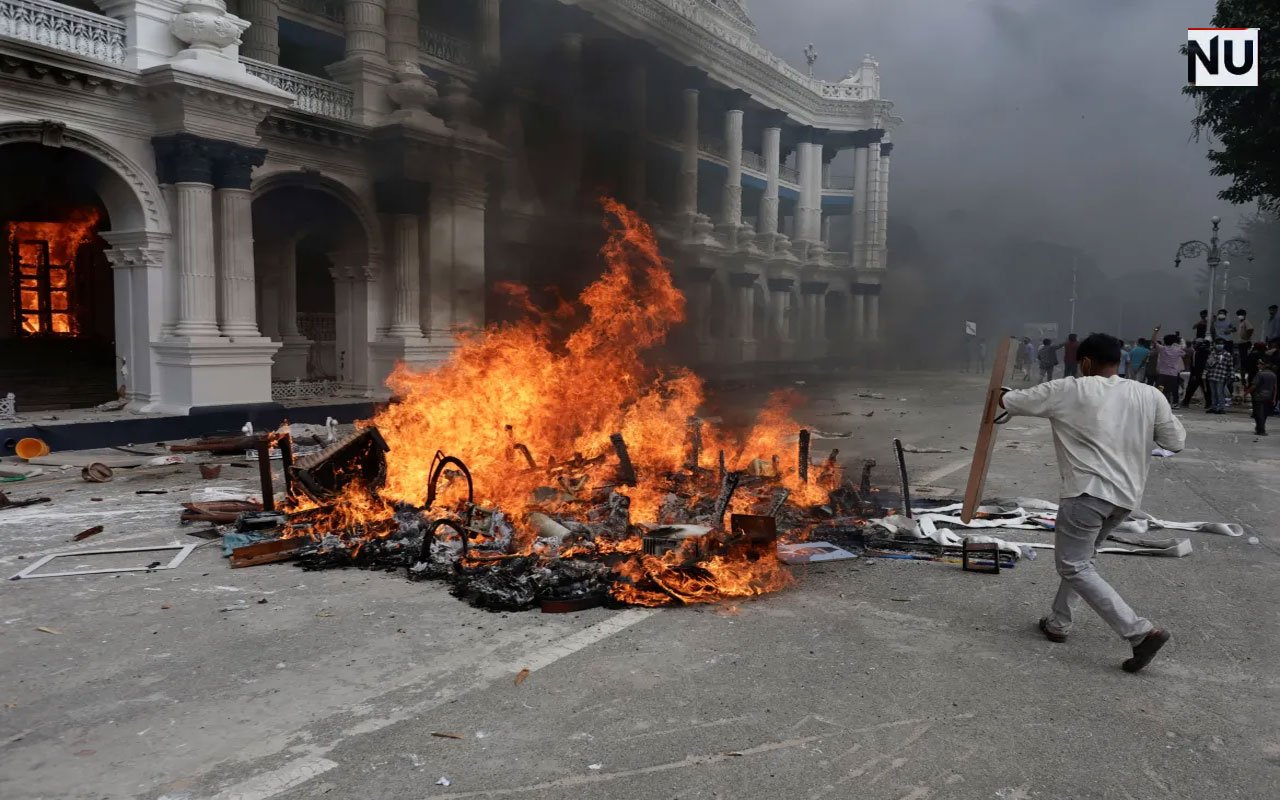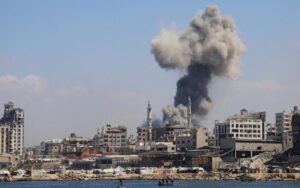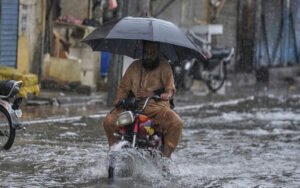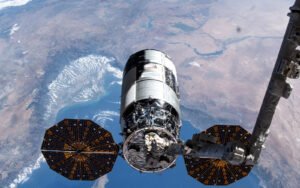Nepal Crisis: Parliament Set on Fire as PM Resigns Amid Deadly Anti-Corruption Protests
Nepal Crisis: Parliament in Flames After PM Resigns
Nepal has plunged into political and social turmoil as anti-corruption protests spread across the nation, forcing Prime Minister KP Sharma Oli to resign. Protesters stormed and set fire to the parliament building in Kathmandu, while several government offices and ministers’ residences were vandalized. The country’s international airport remains closed, leaving citizens and foreign nationals stranded.
Army Issues Stern Warning
The Nepalese Army announced it is ready to take control of the situation after protesters looted and torched public property. Military helicopters were seen circling the capital, while officials appealed for calm. Army Chief General Ashok Raj Sigdel called for dialogue, warning that further escalation could risk the nation’s unity and security. Read more South Asia news here.
Mass Jailbreaks Add to Chaos
Officials confirmed that over 900 prisoners escaped from two prisons after demonstrators stormed facilities in Kaski and Dang provinces. Security forces are struggling to regain control as reports of additional jailbreaks emerge. Local media say the situation is worsening by the hour, with law enforcement stretched thin.
Gen Z Leads the Movement
This protest wave is being driven by Nepal’s Gen Z youth, who have mobilized through universities and social media. Although the government lifted its controversial ban on 26 platforms, including Facebook and WhatsApp, protesters say their fight is against systemic corruption and decades of political mismanagement.
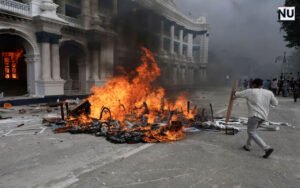 Rising Death Toll and Injuries
Rising Death Toll and Injuries
The protests have turned deadly, with at least 22 people killed and hundreds injured since Monday. Hospitals in Kathmandu reported treating over 200 people in a single day. The violence is drawing comparisons to uprisings in Sri Lanka and Bangladesh, where public anger toppled governments.
Political Vacuum Raises Concerns
With the Prime Minister’s resignation and senior politicians going into hiding, Nepal faces a dangerous power vacuum. Observers warn that without a clear leadership transition, the violence could spiral further. International analysts say Nepal’s fragile democracy is under its biggest test since the country transitioned to a republic in 2008.
Impact on Daily Life
Shops, schools, and businesses in Kathmandu are shuttered, with transportation paralyzed and fuel shortages looming. Tourists stranded in the capital report chaos, closed airports, and unclear evacuation plans. The British Embassy has advised nationals to shelter in place until the situation stabilizes.
International Response
Global organizations, including the UN and Human Rights Watch, have urged Nepal’s government to exercise restraint and engage in dialogue with protesters. The situation is being closely monitored by regional neighbors India and China, both of whom have strong economic and political ties with Nepal. For updates, see BBC South Asia coverage.
Social Media Ban Sparked Unrest
The unrest began after Nepal’s government announced a sudden ban on 26 social media platforms, including WhatsApp, Facebook, and Instagram. Critics said the move was a direct attempt to silence anti-corruption voices. Though the ban was later lifted, the public saw it as proof of government overreach, sparking the largest protests in Nepal in decades.
Historical Context of Political Instability
Nepal has a long history of political instability, with 14 prime ministers since 2008 when the monarchy ended and the republic was formed. Frequent power struggles, corruption scandals, and shifting alliances have created deep frustration among citizens. Analysts warn that unless structural reforms are implemented, Nepal risks repeating cycles of unrest.
Economic Impact and Tourism Crisis
The protests have badly damaged Nepal’s tourism industry, a major source of foreign revenue. Kathmandu’s Tribhuvan International Airport remains shut, flights are grounded, and foreign tourists are stranded. Local businesses report severe losses as curfews and shutdowns disrupt trade. Experts fear that if the crisis continues, foreign investors may withdraw from Nepal, worsening its fragile economy.
Call for International Mediation
Observers have urged the involvement of international mediators to prevent Nepal’s crisis from spiraling out of control. Regional powers like India and China have so far maintained silence, but analysts believe both countries are watching closely given Nepal’s strategic importance. International organizations are also pressing for negotiations to avoid further bloodshed.

